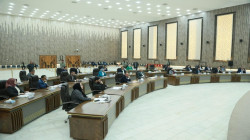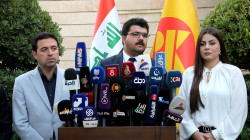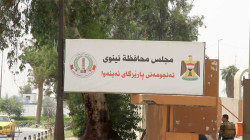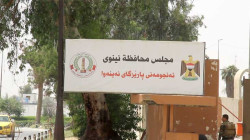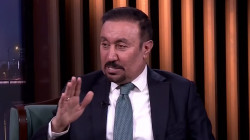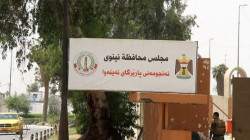Iraq's Nineveh Council to Governor: Election of unit heads is legal
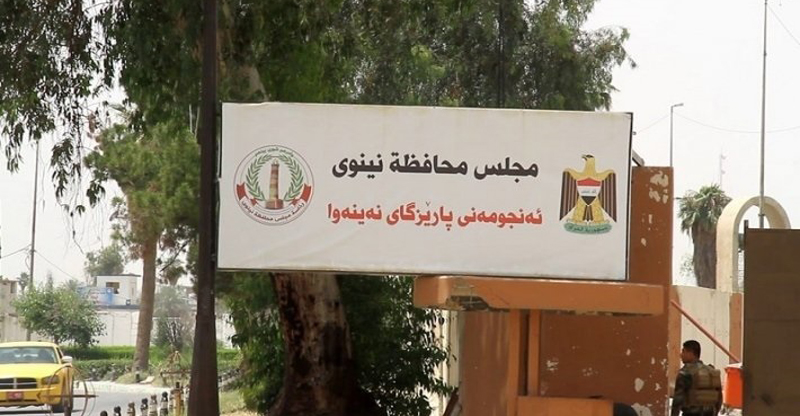
Shafaq News/ On Monday, Iraq's Nineveh Provincial Council affirmed that Governor Abdul Qadir Al-Dakhil’s objections to the election of administrative unit heads are “legally baseless.”
During its 14th session, the council dismissed and appointed 20 administrative unit heads, sparking debate over the legality of the procedures. Governor Al-Dakhil objected, citing legal and constitutional violations, particularly regarding the council’s authority, and called for annulment, arguing they contradict existing laws.
In response, Council Chairman Ahmed Al-Hasoud told Shafaq News, “The council issued an official letter to the governor addressing his objections to decisions numbered 21 to 40, affirming that they lack any legal basis.”
The governor’s objections, according to the letter, were based on a directive from the High Commission for Provincial Coordination (No. 40/2401784), issued on July 3, 2024, requesting a pause pending the State Council’s opinion on the council’s authority. However, State Council decision No. 90 of 2024 explicitly affirmed that provincial councils have the authority to elect district administrators and subdistrict directors in the absence of district councils, making the council’s decisions legally sound.
Additionally, Article 31 of the amended Law of Governorates Not Incorporated into a Region No. 21 of 2008 reportedly outlines specific cases in which a governor can object to council decisions—only if they violate the constitution or existing laws, exceed the council’s jurisdiction, or contradict the federal government’s general plan or budget. “None of these conditions apply to the council’s decisions,” the letter stated.
The Nineveh Council emphasized that its decisions "align with the constitution and existing laws, as confirmed by the Supreme Administrative Court's rulings," as per the letter.
Earlier, council member Marwan Al-Taie called, via Shafaq News, for the council to send an official letter to the Nineveh governor to implement the Administrative Court's decision, confirming that the appointment of the administrative unit heads elected by the council “would improve services and reduce administrative corruption in the province.”
